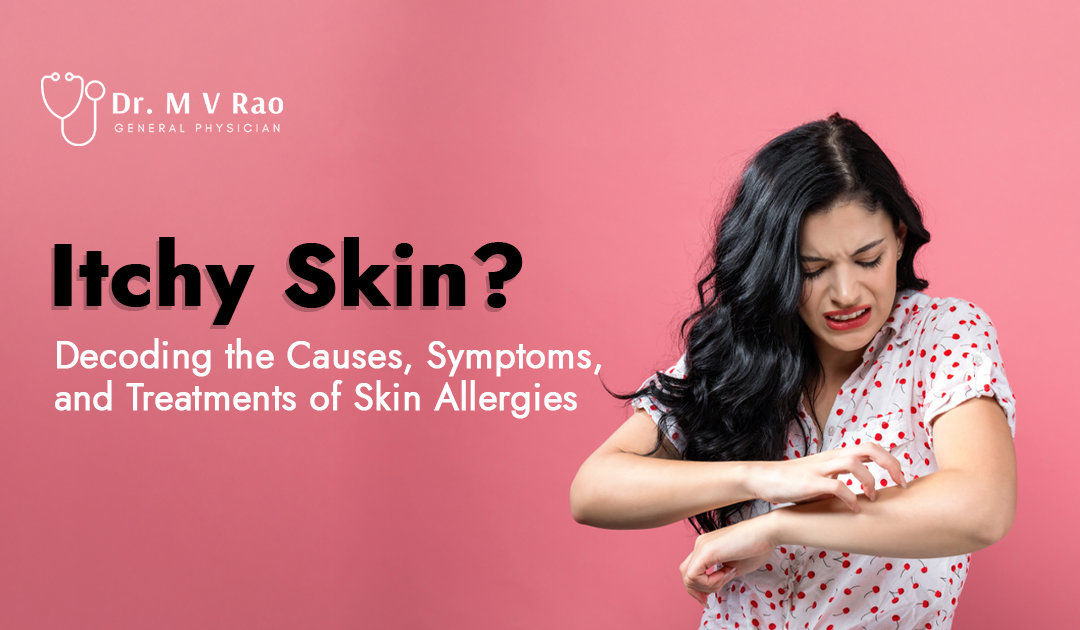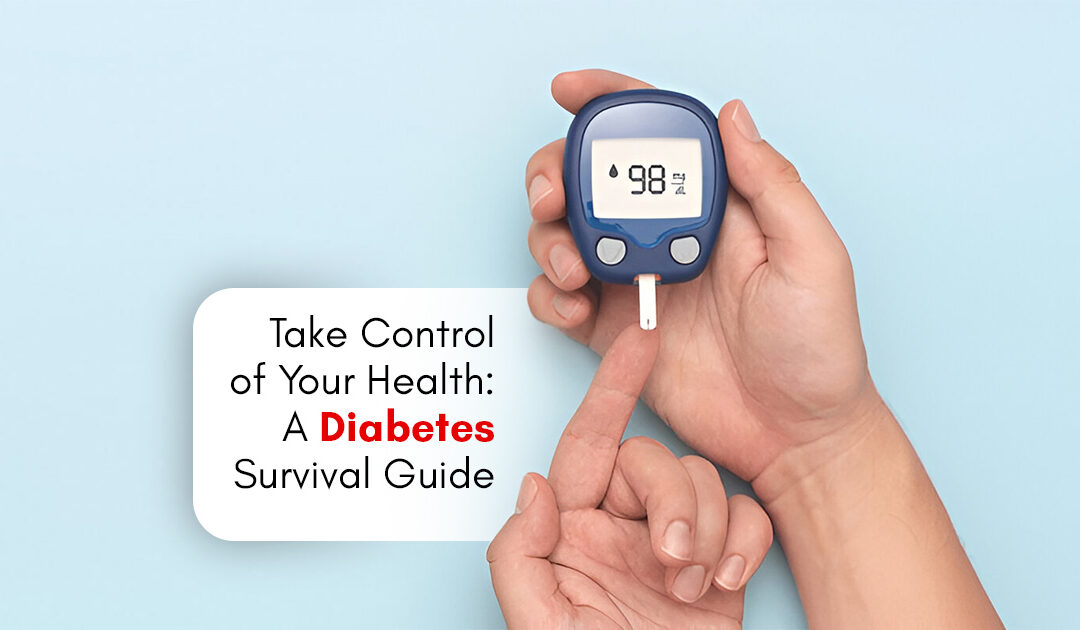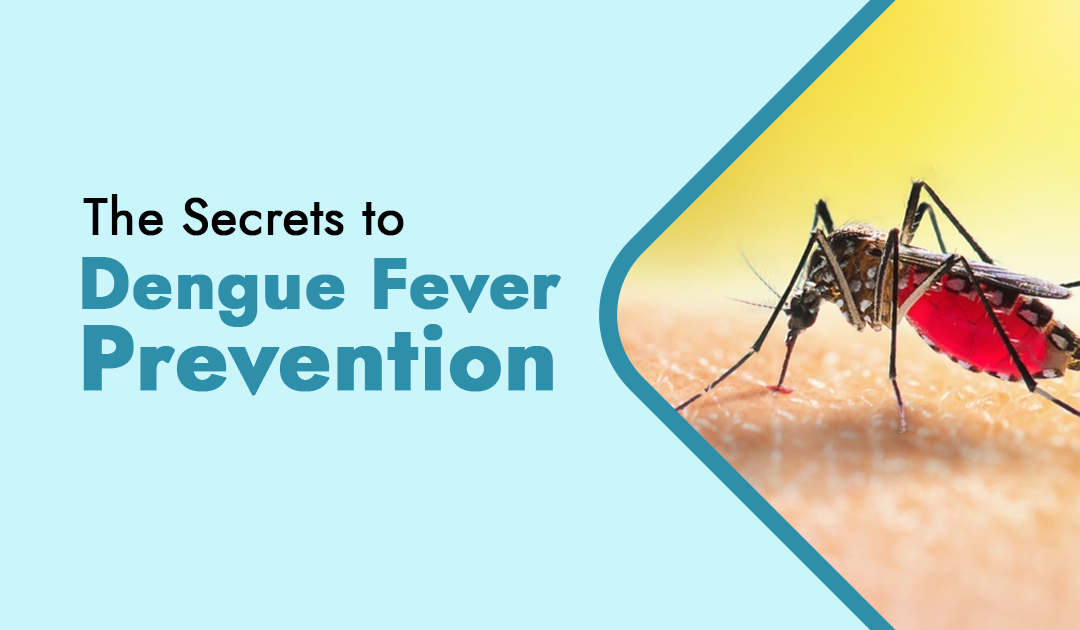
Itchy Skin? Decoding the Causes, Symptoms, and Treatments of Skin Allergies
When something touches your skin, your immune system reacts to it as an attack. This reaction often causes antibodies to fight against the allergen.
These substances lead to allergies. An allergy is an immune response to harmless allergens. These allergies affect almost 30% of the Indian population and are among the most common chronic diseases.
What are the Causes of an Allergic Reaction?
Several allergens can cause an allergy. They include:
- Animals, especially furry ones.
- Food, such as milk and gluten.
- Pollen.
- Bites from wasps and bees.
- Pollution and dust.
- Mites and molds.
- Household chemicals and sprays.
- Certain medications.
- Sunscreens and bug sprays.
- Topical medications, such as antibiotics or anti-itch creams.
- Fragrances.
- Cleaning products.
- Plants, including poison ivy.
Skin allergies are also caused by a range of factors. More often than not, they are a reaction to an allergen or irritant. However, when an allergen triggers an immune system response, it causes an allergic skin condition.
During your immune system’s response, the body produces an antibody called Immunoglobulin E (IgE), which reacts to allergens. The symptoms that occur result from this allergic reaction.
What are the Types of Skin Allergy Reactions?
The most common reactions of skin allergy are:
- Eczema: Also known as atopic dermatitis, it affects about 10 to 20 percent of children and 1 to 3 percent of adults. A common symptom of eczema is the occurrence of dry, itchy skin. People with eczema usually have a family history of skin allergies. Eczema is often linked with asthma, allergic rhinitis (hay fever), or food allergies.
- Hives: Also called urticaria, hives are a reaction of the skin characterized by itchy raised welts that are usually red, pink, or flesh-colored, and they may also sting or hurt. Mostly, hives are a result of an allergic reaction to medication or food, or a reaction to an irritant in the environment. If the condition persists for less than 6 weeks, it is known as acute urticaria, and if it lasts longer, it is known as chronic urticaria. Acute urticaria is mostly caused by foods, medications, and infections. The most common foods that cause hives are nuts, chocolate, fish, tomatoes, eggs, fresh berries, and milk.
- Contact Dermatitis: Contact dermatitis occurs when the skin turns red and irritated. Most cases of contact dermatitis are not severe but can be unpleasant until they resolve.Symptoms can include a rash, blisters, itching, and burning. Soaps, laundry detergents, fabric softeners, shampoos, nickel, adhesives, nail polish, and latex gloves can all cause contact dermatitis.
- Angioedema: This condition involves rapid swelling in the deeper areas of the tissue. The swelling occurs when fluid accumulates in soft tissues, such as the face, lips, throat, and sometimes the hands and feet.
This is often linked with hives. However, if angioedema persists for less than minutes to hours, it is known as acute angioedema.
Acute angioedema is commonly caused by an allergic reaction to medications or foods. However, if it persists longer, it is known as Chronic Recurrent Angioedema.
On the other hand, hereditary angioedema is diagnosed by recurrent episodes of severe angioedema. The most common areas of the body to get affected are the limbs, face, intestinal tract, and airway. This often occurs without a known trigger.
What are the Symptoms of Skin Allergy?
Any skin allergy has the primary symptom of a skin rash or skin reaction. The rash might start as an itching sensation, a raised bump or redness.
There might be several symptoms that determine a skin allergy which include:
- Rash
- Itching
- Redness
- Swelling
- Raised bumps
- Scaling or flaking of skin
- Cracked skin
What are the Tips to Prevent Skin Allergy?
Skin allergies usually go away within a week or month. These symptoms can help you prevent that in the meantime.
- Avoid contact.
- Apply an anti-itch cream.
- Avoid wearing tight clothes as they can irritate your rash.
- Minimize time in direct sunlight.
- Keep irritating skin protected with a moisturizer.
- Avoid contact with irritants.
- Avoid scratching rash or hives.
How is Skin Allergy Diagnosed?
The doctor considers your family and medical history, your symptoms and may recommend a skin or a blood test to make a diagnosis.
If you or your loved one is experiencing these symptoms, make sure to speak to your healthcare provider for early recovery.






